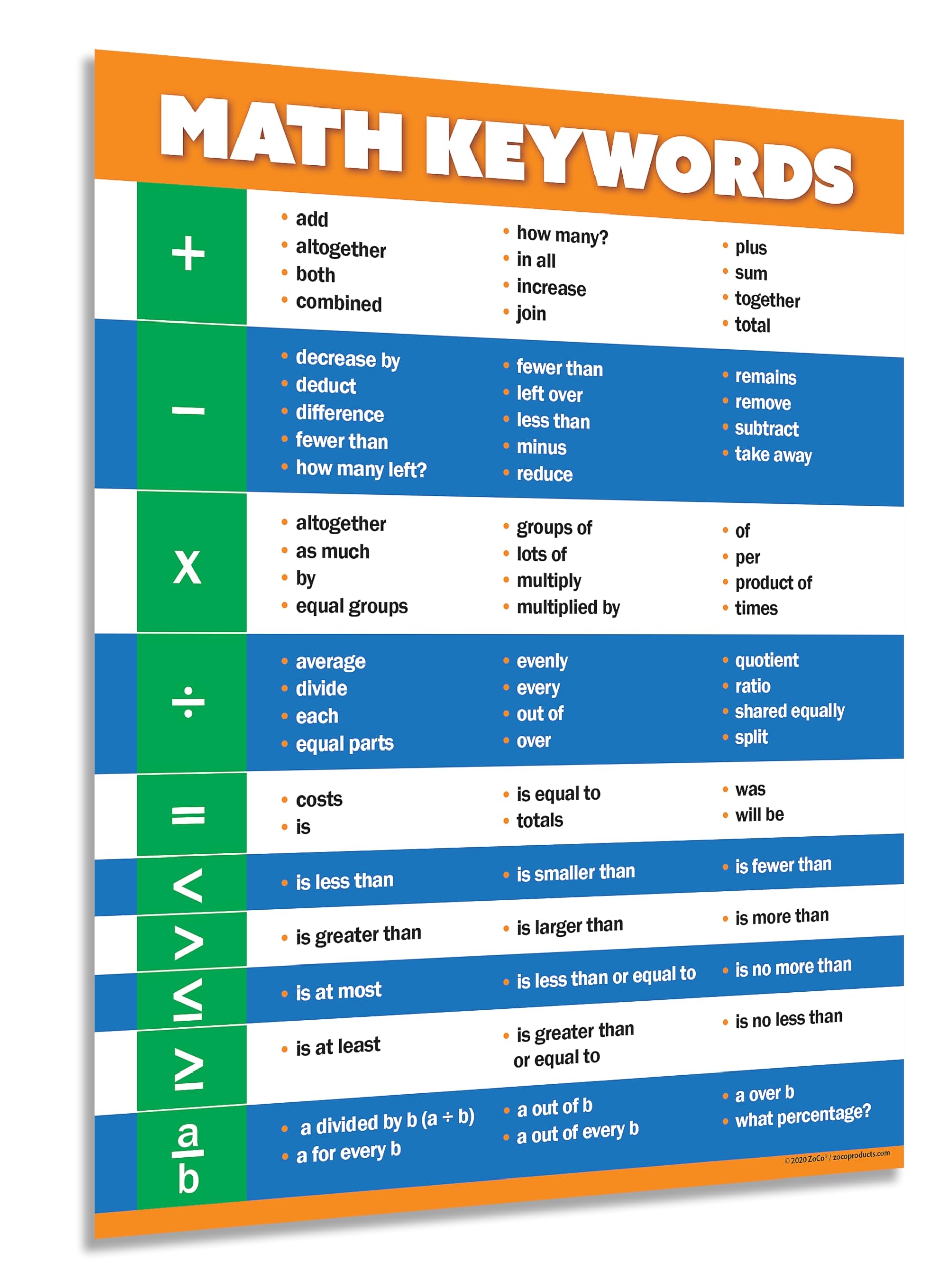Mathematics is a language of its own, with a unique vocabulary that can sometimes be intimidating to those who are not familiar with it. However, understanding mathematical terms is crucial for success in the subject.
Just like any language, mathematical vocabulary consists of specific words and phrases that have precise meanings. By learning and mastering these terms, students can communicate effectively and accurately in mathematical contexts.
Mathematical Vocabulary
One important term in mathematics is “variable.” A variable is a symbol, usually a letter, that represents a quantity that can change. Variables are used in equations and expressions to denote unknown values or values that can vary.
Another key concept in mathematics is “factor.” Factors are numbers that are multiplied together to obtain a product. For example, in the expression 2 x 3 = 6, 2 and 3 are factors of 6. Understanding factors is essential for simplifying expressions and solving equations.
Mathematical vocabulary also includes terms such as “coefficient,” “exponent,” and “equation.” Coefficients are the numerical factors in front of variables in algebraic expressions, while exponents indicate the number of times a base is multiplied by itself. Equations are mathematical statements that assert the equality of two expressions.
One more important mathematical term is “function.” A function is a rule that assigns each input (or independent variable) to exactly one output (or dependent variable). Functions are fundamental in mathematics and are used to model relationships between quantities.
In conclusion, mastering mathematical vocabulary is essential for success in the subject. By understanding terms such as variables, factors, coefficients, exponents, equations, and functions, students can communicate effectively and solve mathematical problems with confidence.
